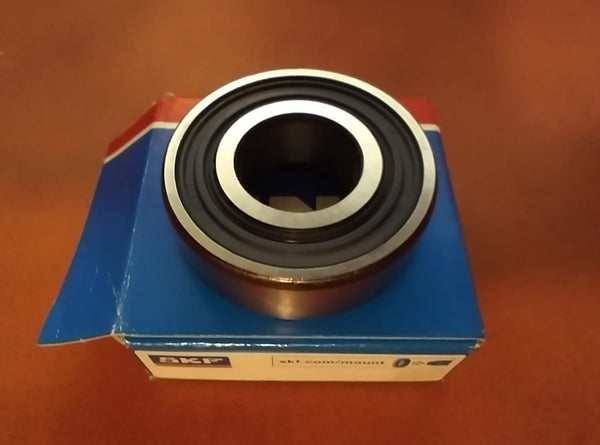If sound is increasing when you're on the Bellhousing, it seems like sound is traveling through the block. BGarcia beat me to it, but I too would check the valve train, particularly the lifter/pushrods before tearing anything apart.
FWIW, if/when you get to that point of replacing the Pilot bearing, JimC sells a super-duper one I've been itching to try:
There's nothing worse than having to drop the transmission & transfer case and pull off the clutch to change a dried out pilot bearing. That's a lot of backbreaking labor that could have been saved by installing this top quality made in EU by SKF aerospace bearing filled with synthetic grease...
tlcperformance.com

